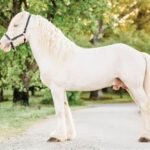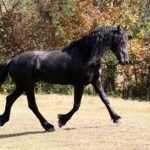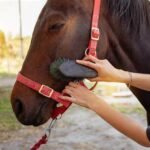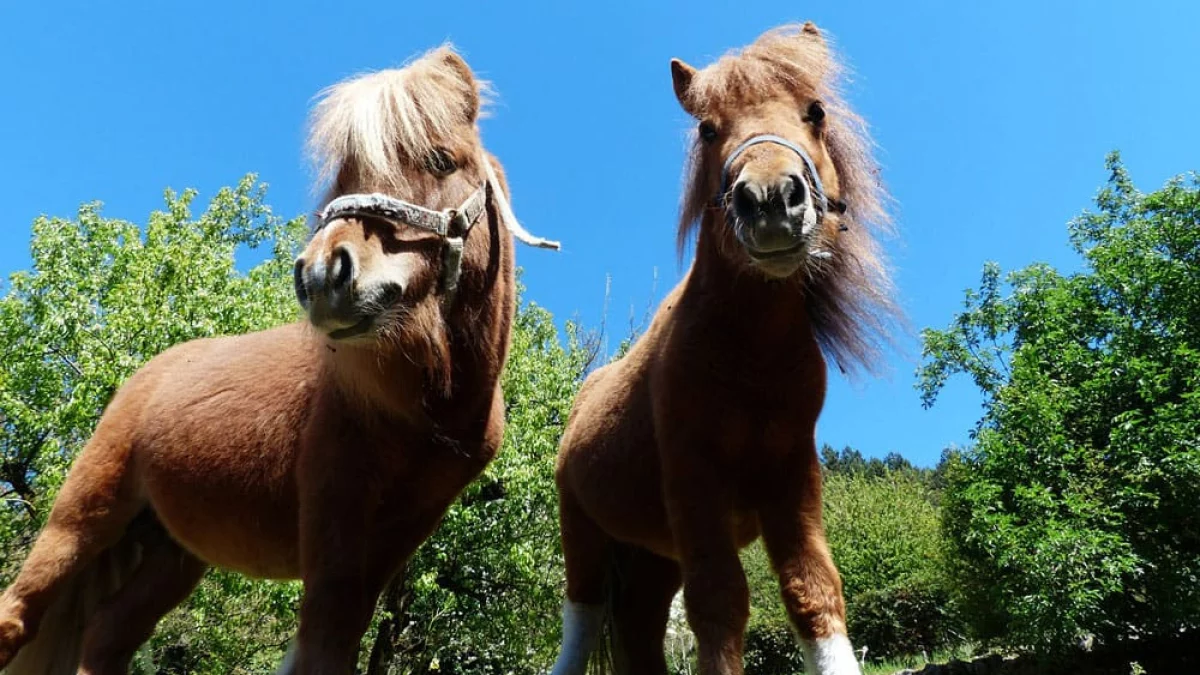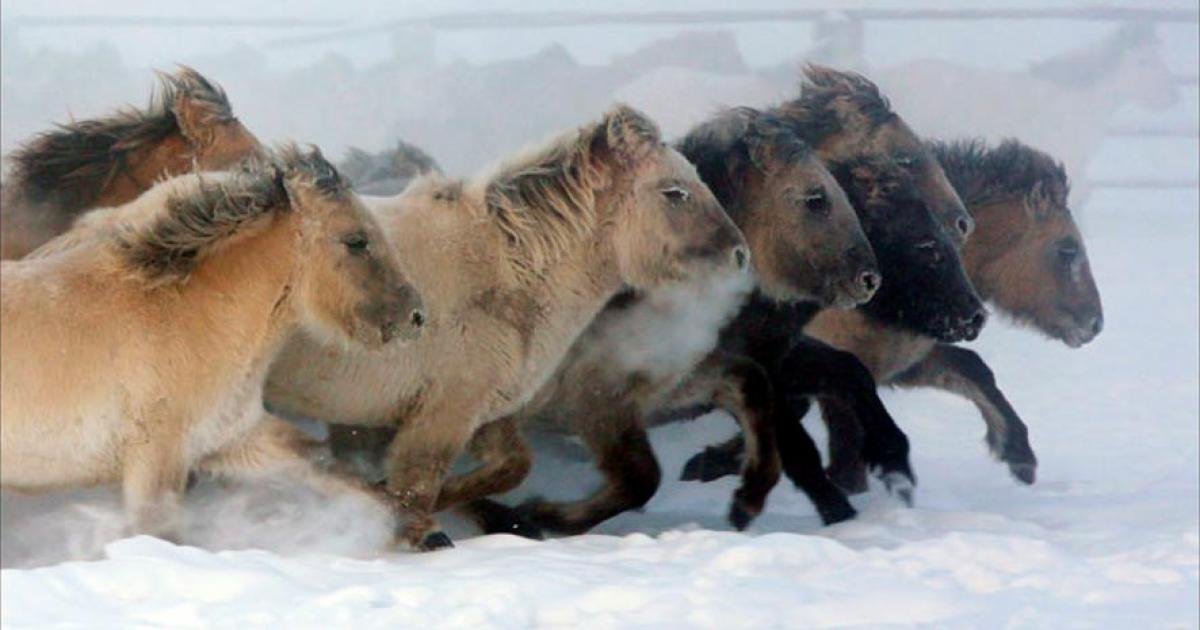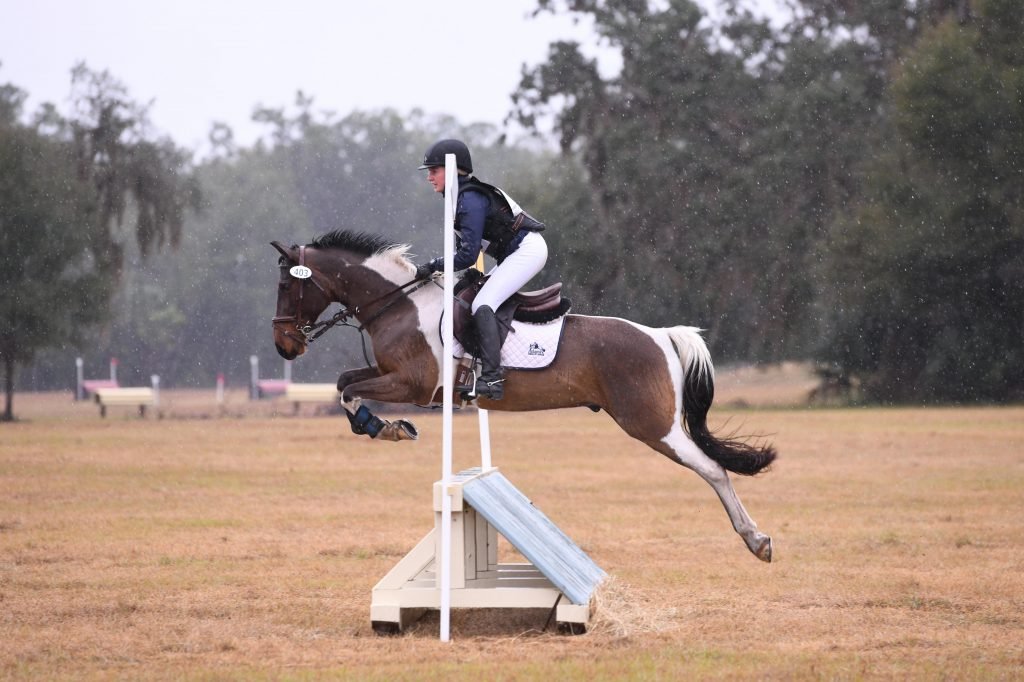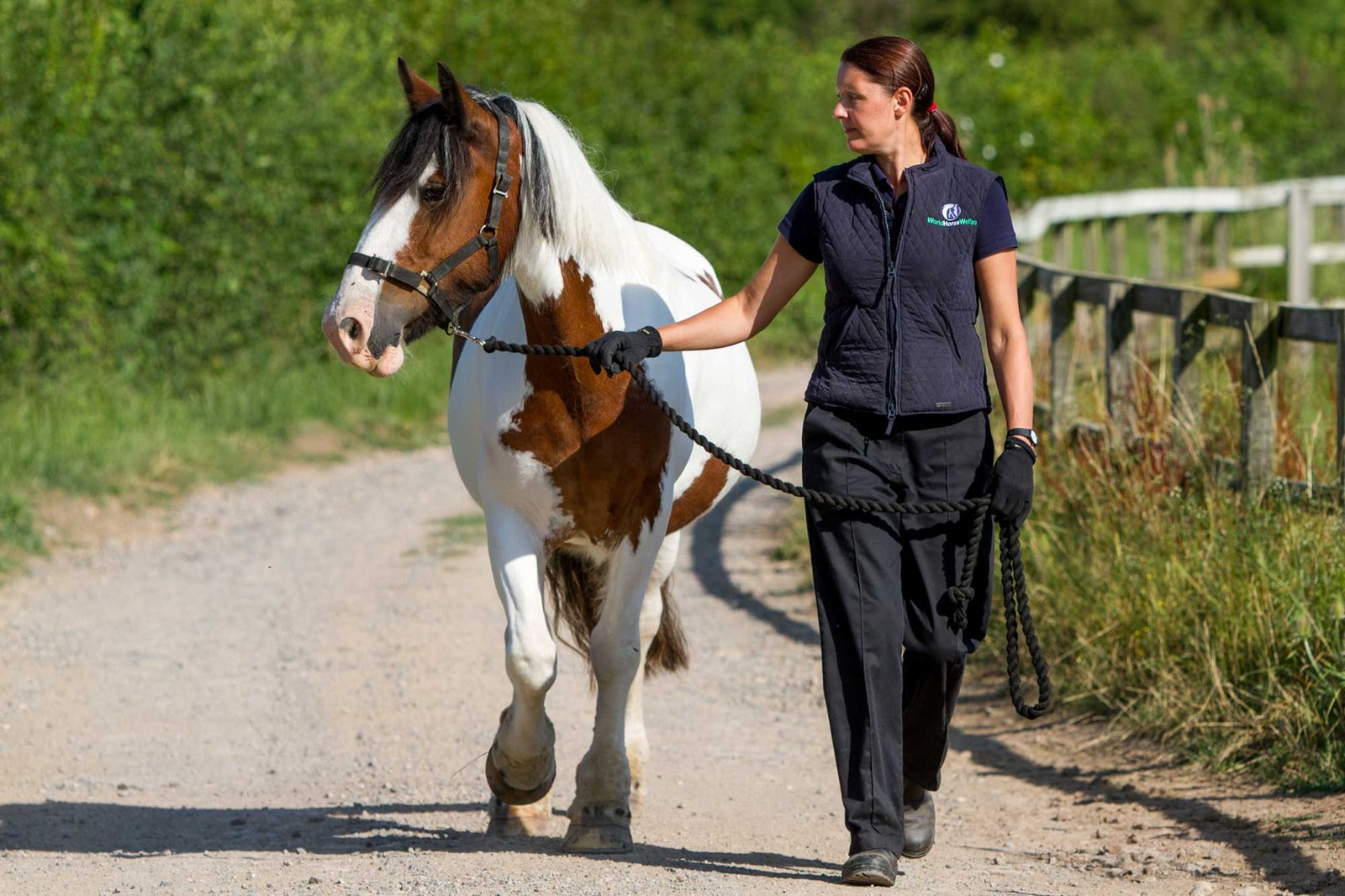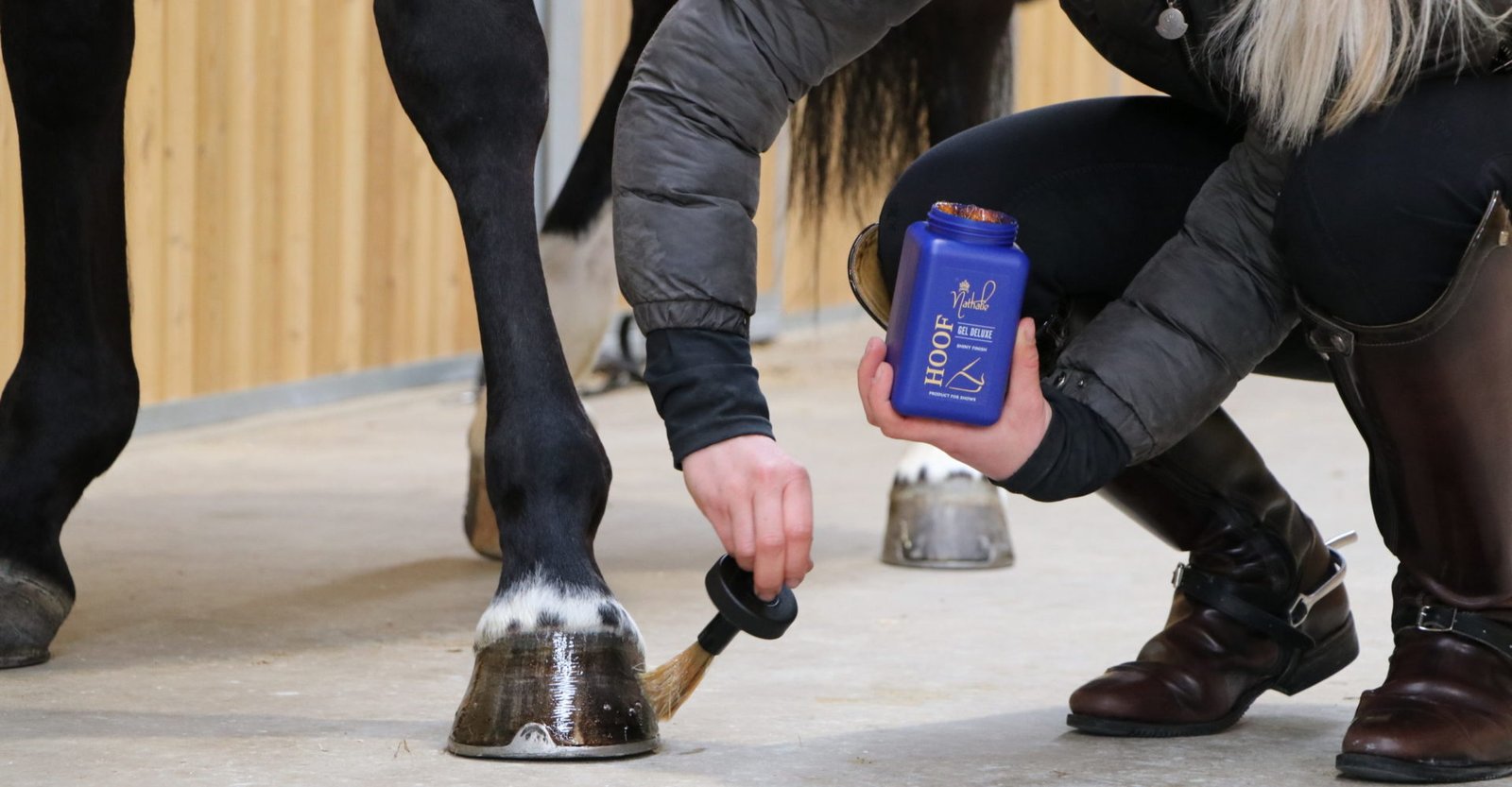Choosing the right pony for your family is an exciting and meaningful decision that requires careful consideration of several factors. Whether you’re looking for a pony for your children, a riding companion for the whole family, or one to participate in various equestrian activities, the right pony can bring joy and create lasting memories. However, with so many different pony breeds, temperaments, and experience levels, finding the perfect match can feel overwhelming.
In this guide, we’ll walk you through the essential factors to consider when selecting a pony for your family, from size and temperament to care requirements and the pony’s suitability for your children’s riding skills. By considering these key aspects, you can make an informed decision that ensures both you and your new pony will enjoy a happy and successful partnership.
1. Consider the Size of the Pony
The size of the pony is one of the most important factors when choosing the right one for your family. Ponies typically stand between 12 to 14.2 hands (48 to 58 inches), with smaller ponies being better suited for young children and beginners.
For young children or beginners, ponies that are between 12 to 13 hands (48 to 52 inches) are often ideal. These ponies are small enough to ensure that the rider feels safe and comfortable while still providing enough space for the child to grow into their skills. Larger ponies (13 to 14.2 hands) may be more appropriate for older children or more experienced riders who need a pony for higher-level activities like jumping or competing.
2. Understand the Pony’s Temperament
Temperament is key when choosing a pony for your family. Ponies are known for their personalities, and the right temperament can make all the difference in creating a positive experience for both the pony and the rider.
For beginners, you’ll want to look for ponies that are gentle, patient, and easygoing. A pony that is calm and not easily spooked will make a more positive introduction to riding for your child. Additionally, a pony with a good work ethic and the ability to learn quickly will ensure that your family can enjoy riding and caring for the animal with ease.
Some pony breeds, like the Connemara or Welsh Pony, are known for their friendly and intelligent temperaments, making them great choices for families. Ponies with more independent or strong-willed personalities might require a more experienced rider or owner, so it’s essential to gauge your family’s experience level when selecting the pony.
3. Match the Pony’s Experience Level with Your Family’s Riding Skills
Different ponies have different levels of training and experience, and it’s crucial to match the pony’s skill level with that of the rider. Ponies that are well-trained, responsive to cues, and used to riding in various situations are often more suitable for experienced riders.
For children or beginner riders, look for ponies that have a calm demeanor and experience with children or novice riders. Many ponies are trained specifically for beginners, offering a safer and more enjoyable experience as children build confidence and develop their riding skills. Look for ponies that have been used in riding schools or have experience in pony rides, as they are typically well-suited for families.
If you or your family members are more experienced riders, you can consider a pony with more advanced training or one that can participate in higher-level activities, such as jumping, dressage, or competitive events.
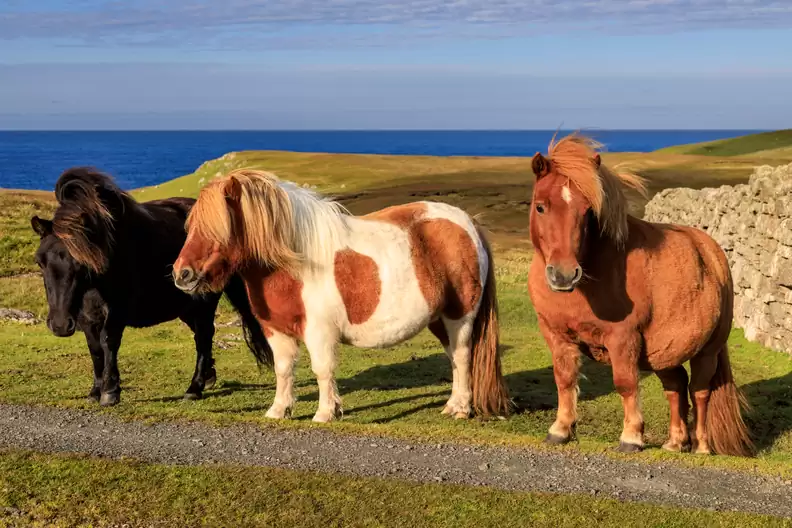
4. Consider the Pony’s Health and Care Requirements
Ponies, like all animals, require proper care to ensure their health and wellbeing. When choosing a pony for your family, consider the time and effort needed to meet its daily care requirements, including feeding, grooming, and exercise.
Ponies with low maintenance needs, such as those with thick coats or natural hardiness (like the Shetland Pony or Dartmoor Pony), can be ideal for families who might not have time for extensive grooming. On the other hand, ponies with finer coats or higher-maintenance health needs might require more attention and care, especially in certain climates.
Before making your final decision, be sure to talk to the pony’s current owner or trainer to understand its health history, vaccination records, and any special care instructions. Additionally, make sure your family is prepared for the commitment of regular pony care.
5. Assess the Pony’s Compatibility with Your Family’s Lifestyle
Your family’s lifestyle and needs should also play a significant role in your decision-making process. If you’re looking for a pony that can be used for recreational riding, consider the pony’s energy level and ability to adapt to your family’s routine.
Some ponies, like the Haflinger, are known for their versatility and calm nature, making them great all-rounders for casual trail rides, family outings, and farm work. If you’re hoping to get involved in more competitive activities, such as show jumping, dressage, or eventing, you might want to consider a pony with more athletic abilities and a strong work ethic.
Also, take into account the amount of space you have available for the pony. If you have a large property or access to riding areas, you can consider ponies with higher energy levels that require more exercise. If you live in a smaller area, choose a pony with moderate energy and activity needs.
6. Look for a Pony with a Good Reputation and References
Before making a final decision, it’s always a good idea to ask for references from previous owners or trainers. They can provide valuable insight into the pony’s behavior, health, and suitability for family life. Ask about the pony’s training, temperament, and any previous experiences with children or beginners.
Visiting the pony in person can also help you assess how the animal interacts with people and responds to basic handling. Spend some time interacting with the pony and observing its behavior in different environments to get a better sense of its personality and how it might fit into your family dynamic.
Conclusion
Choosing the right pony for your family is a rewarding process that requires careful thought and consideration. By taking into account factors such as size, temperament, experience level, care needs, and compatibility with your lifestyle, you can find the perfect pony to suit your family’s needs and create years of unforgettable memories. Whether for leisurely trail rides, friendly competitions, or simple bonding time, the right pony can become an integral part of your family for years to come.


